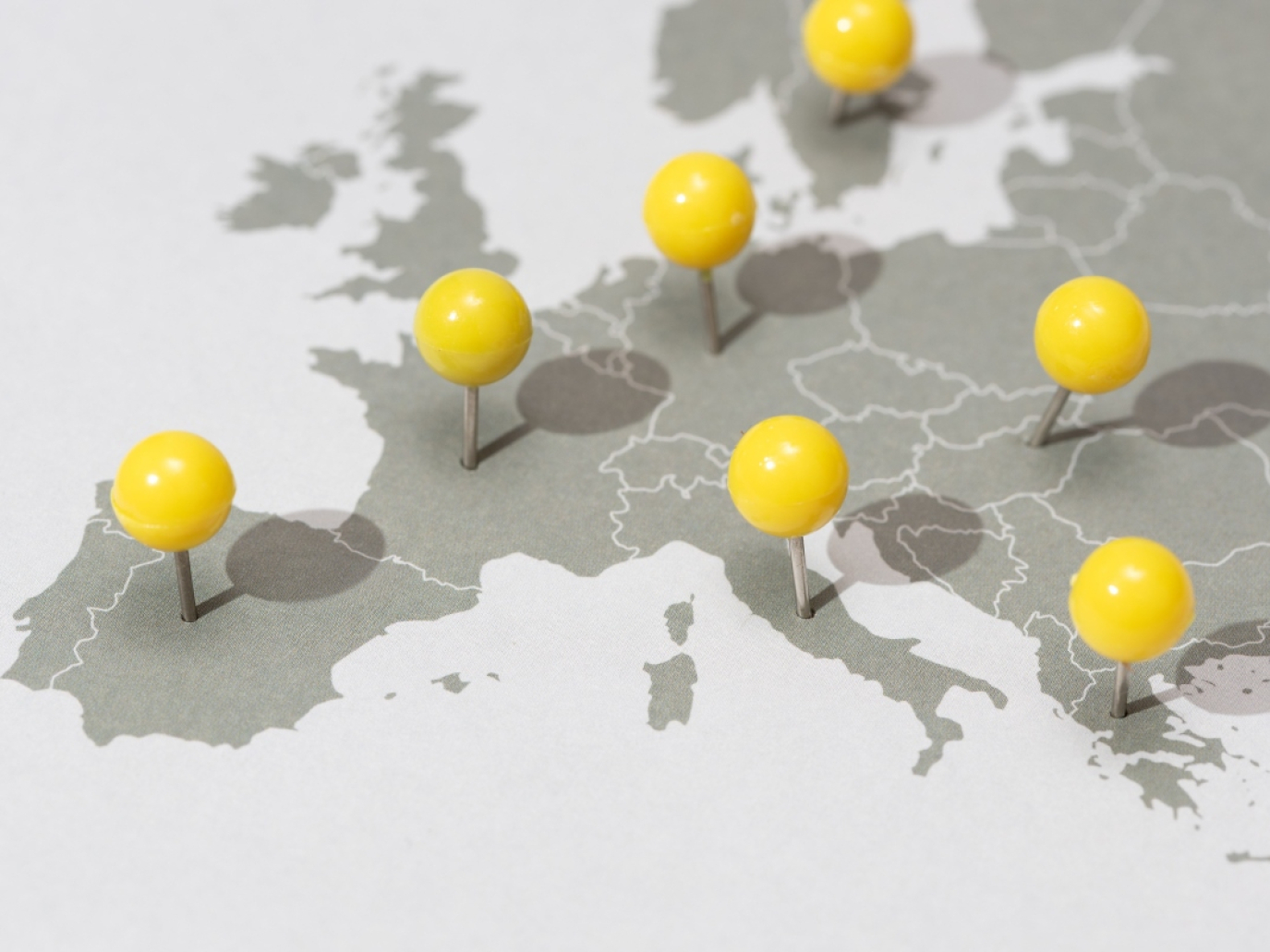This article is also available in Italian / Questo articolo è disponibile anche in italiano
Following the increasingly probable step back of the Omnibus package on CSRD, CSDDD, and the Taxonomy for Sustainable Finance, the European Union is now getting ready to exempt more than 80% of companies subject to the Carbon Border Adjustment Mechanism (CBAM), Europe’s new carbon border tax. This was confirmed by EU Commissioner for Climate, Net Zero, and Clean Growth, Wopke Hoekstra, in an interview with the Financial Times after the 6th of February hearing at the Subcommittee on Tax Matters, where the new executive’s priorities were discussed.
"Less than 20% of the companies in scope are responsible for more than 95% of the emissions in the products," said Hoekstra, referring to the scope of the CBAM — a mechanism designed to prevent unfair competition between European industries and those operating under less stringent environmental regulations in other countries. Hoekstra, a former Dutch finance minister with a past at Shell and McKinsey, had already served as commissioner in the last part of von der Leyen’s first term, overseeing climate policy. This detail should not be ignored as the new European Competitiveness Compass aims at simplification and the revision of some pillars of the Green Deal. Indeed, it appears the CBAM will apply only to the largest importers — around 20,000 companies, rather than the 200,000 initially envisaged. A decision clearly aligned with the EU’s new strategy to ease bureaucratic burdens on the majority of businesses.
What is the CBAM?
Established under Regulation (EU) 2023/956, the Carbon Border Adjustment Mechanism (CBAM) aims to impose a price on the carbon embedded in imported carbon-intensive goods, bringing it in line with the costs already borne by European companies under the Emissions Trading System (ETS). The CBAM serves a dual purpose: safeguarding European businesses from the risk of delocalisation — known as “carbon leakage” — while also encouraging more sustainable production practices beyond the EU’s borders.
The CBAM is currently in its transitional phase. At present, companies importing products such as cement, iron, steel, aluminium, fertilisers, electricity, and hydrogen are only required to declare their embedded emissions, with no obligation to purchase certificates. This initial stage was introduced to gather data and fine-tune the system ahead of full implementation in 2026, when importers will be required to offset emissions by paying a price equivalent to that applied within the EU.
The system has drawn widespread criticism, not only from European businesses — at the end of January Italy’s Minister for Business and Made in Italy, Adolfo Urso, welcomed the inclusion of a CBAM regulation review in the Competitiveness Compass — but also from trading partners such as the United States and India, which fear it will disadvantage their export industries. Perhaps the most influential critique came from Lakshmi Mittal, Executive Chairman of steel giant ArcelorMittal, who, in a Financial Times editorial published in December 2024, wrote: “As it stands, the CBAM is inadequately designed and, unless significantly strengthened, a critical mechanism to enable Europe to achieve its stated goal of ‘decarbonising and industrialising at the same time’ will fail.”
Hoekstra: we need a pragmatic approach
According to data compiled by the Financial Times, fewer than 10% of the 20,000 German companies required to report emissions met the 2024 early deadline. In Sweden, the figure was only 11%. "It is common sense that if you happen to not be part of the scope, then there’s also little point in having you fill out a lot of paperwork," Hoekstra said, stressing the need for a pragmatic approach. The commissioner also addressed the CBAM reform, which he hopes will be passed as part of the Omnibus simplification bill, scheduled for the end of February—though sources in Brussels suggest it may slip to March.
Hoekstra also suggested that the CBAM could be extended beyond the sectors already covered to include glass, ceramics, and chemicals. Meanwhile, the steel industry is calling for greater protection, proposing an exemption for goods produced in the EU, exported outside of the EU, processed abroad, and then re-imported. “We’re going to carefully look at the scope and the exports. We’re going to do it with an open mind but also knowing that this is not necessarily easy,” Hoekstra concluded.
Cover: Envato image



